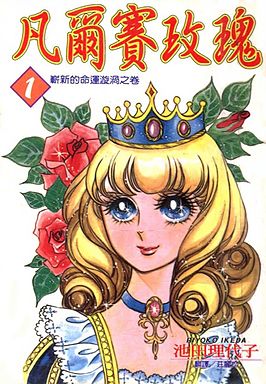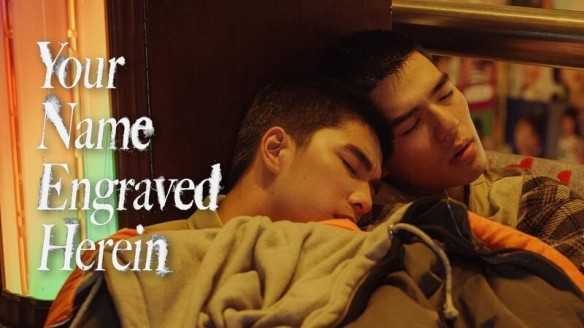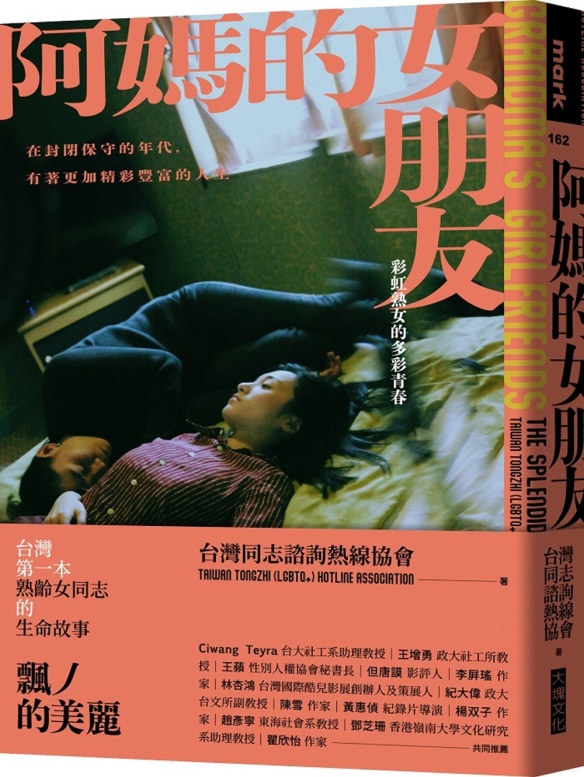In a previous post, I mentioned the phrase 「是在哈囉」 to mean *sassy voice*”Hello~~!” or “What the f*ck is going on?” Well, recently, I spotted a variant of this phrase on a friend’s Facebook post, playing on the similarity in sound: 「是在哈佛」, which is used to mean the same thing, but with a twist:

確診者之各種電話打不通。
遠端電話掛號打不通
區公所打不通
關懷物資第五天還是沒收到
隔離通知書也沒有收到
“I can’t get through to any of the numbers for confirmed positive cases.
I can’t get through to the remote-treatment number
I can’t get through to my district office
It’s the fifth day and I still haven’t received the welfare package
and I’m yet to receive my quarantine notice.”
健康益友沒有一家可以用,出了要幹嘛?
各家醫院百花出了一堆app也沒有一個有用(我需要遠端診療)
區公所衛生局打了23x33x92(萬華區)
直接叫我打23x33x92,根本同一支電話是在哈佛??
“None of the options on the “Health Companion” app work, why did they even launch it?
Of the mass of various apps launched by hospitals, I wasn’t able to use even one (I need a remote consultation).
I called the number for the health department of the District Office (Wanhua District) 23x33x92
It told me to call 23x33x92 instead. What the f*ck is with giving out the same number??“
然後又打了一次說在忙線中,繼續等候請按*字鍵,然後按了*字鍵後跟 我說該目標無效又被掛電話
沒有一支電話是打得進去的,現在柯檳榔就是要放給人死在家就對了。
“When I dialed it again it said the line was busy, and if I wanted to continue waiting I could press *. After I pressed *, it said this option was invalid and the line cut off.
I wasn’t able to get through to any of the numbers, so it seems Betelnut Ko Wen-je (Taipei Mayor) just wants people to die at home.”
The “hello” in the original phrase is switched up for the Chinese word for Harvard. This phrase originates from the suggestion that Christine Fan (范瑋琪) stated that she was a Harvard alumnus on her CV, when, in fact, she transferred to the Harvard Division of Continuing Education in the second year of a degree and never graduated. The implication in highly-competitive Taiwan is that the Harvard Division of Continuing Education does not count as Harvard proper and that she was trying to plump up her CV, although the portrayal of her as a Harvard grad seems largely to have been led by the media.
The phrase still retains the meaning of the original, basically “What the f*ck is that all about?” but with an extra pop culture reference added.
The reference to Betelnut Ko Wen-je to refer to the Taipei Mayor originates in a series of pranks played by high-schoolers on politicians, where they ask to take a photo together and then ask them awkward questions or find other creative forms of embarrassing them. In this instance, the high-schooler dressed up (rather subtly) as a betelnut to take a photo with Ko:










